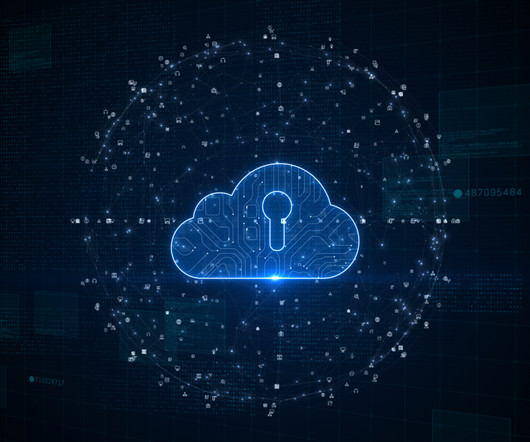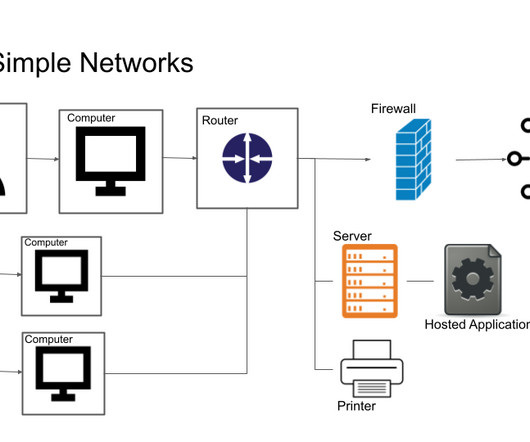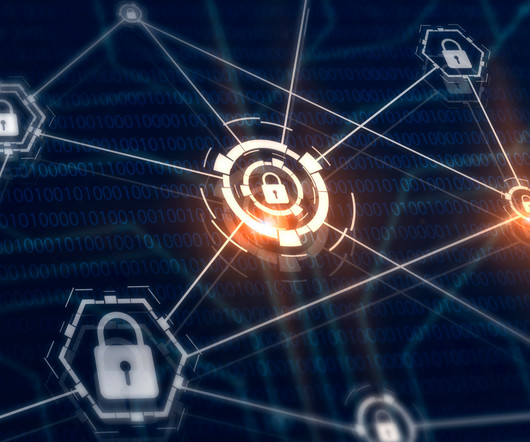What Should Be The Core Competencies For Cybersecurity For C-Suite
Cyber Info Veritas
JULY 18, 2018
A ransomware attack is a form of cyber attack that involves targeting a computer’s operating system by encrypting data into it and then demanding ransom payments in form of cryptocurrency. Such are increasingly becoming common and the WannaCry ransomware attack that happened in May 2017 is a classic example.














Let's personalize your content